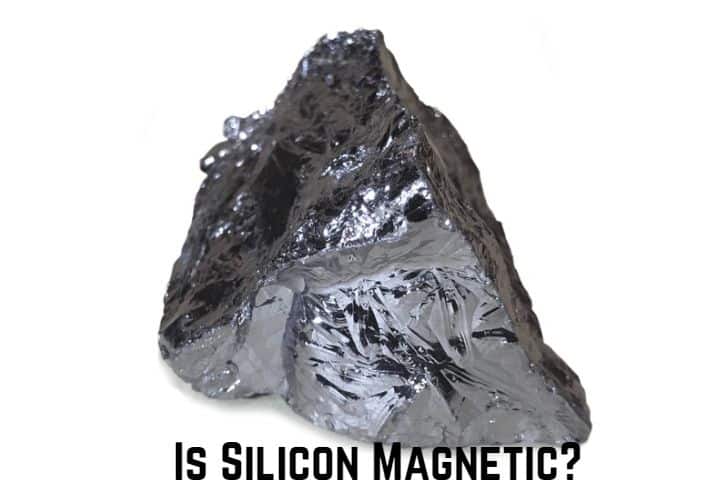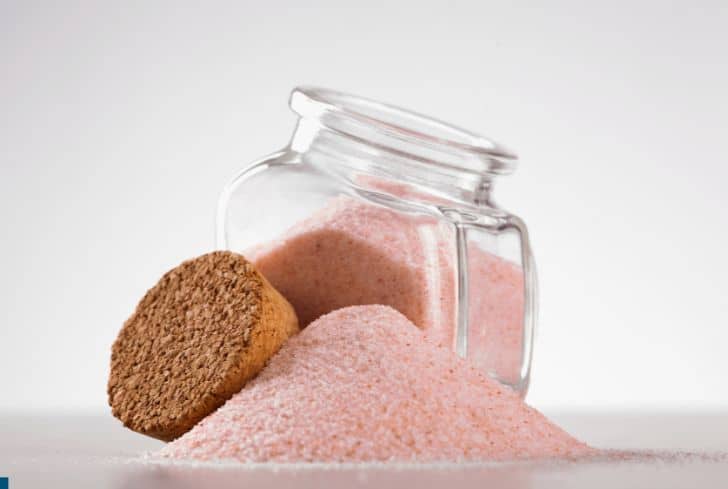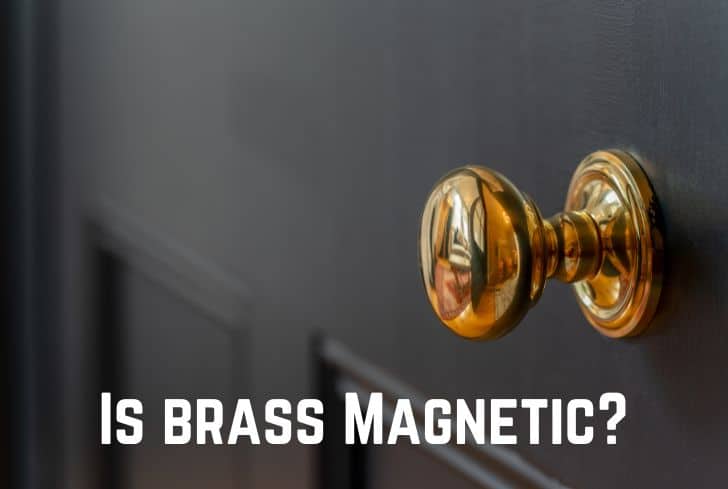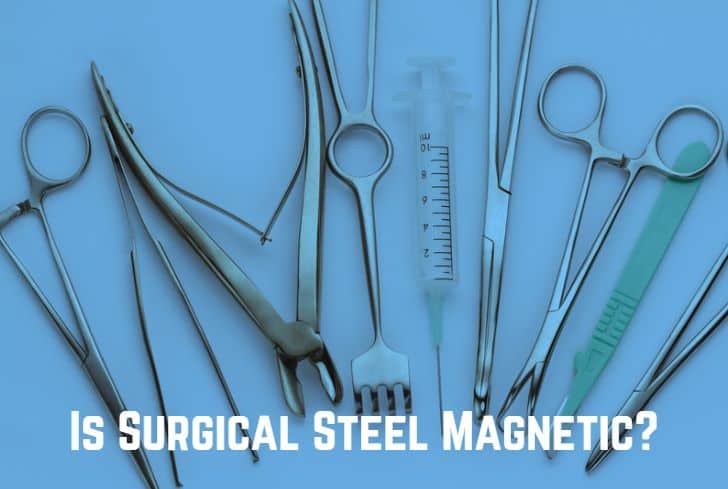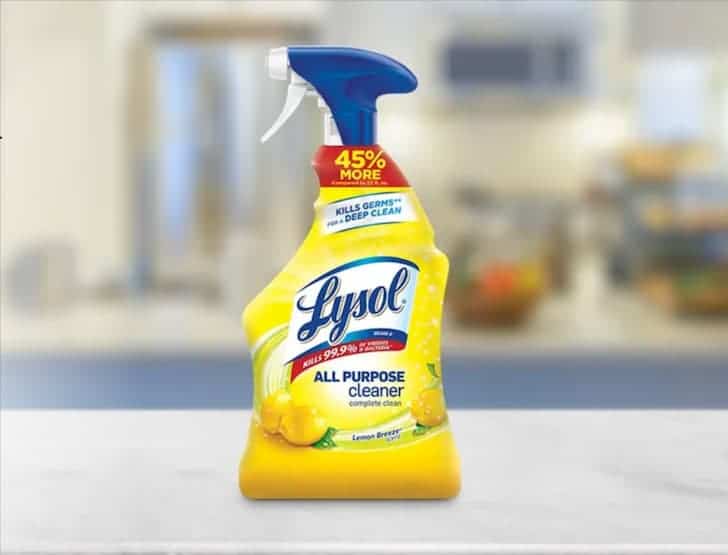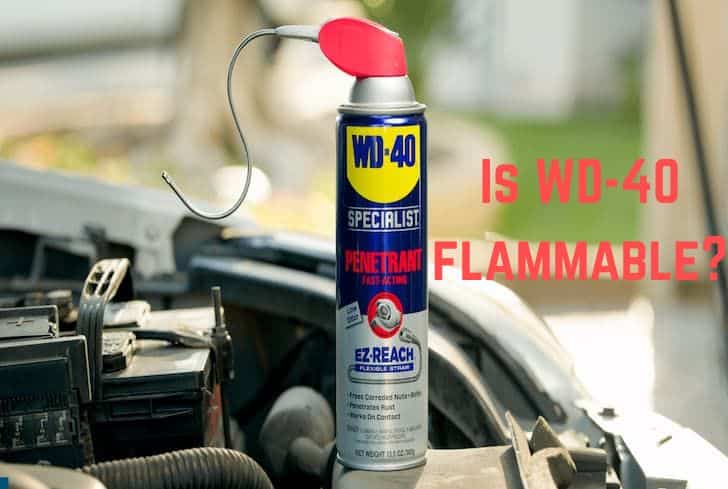Is Brake Fluid Corrosive? (Answered)
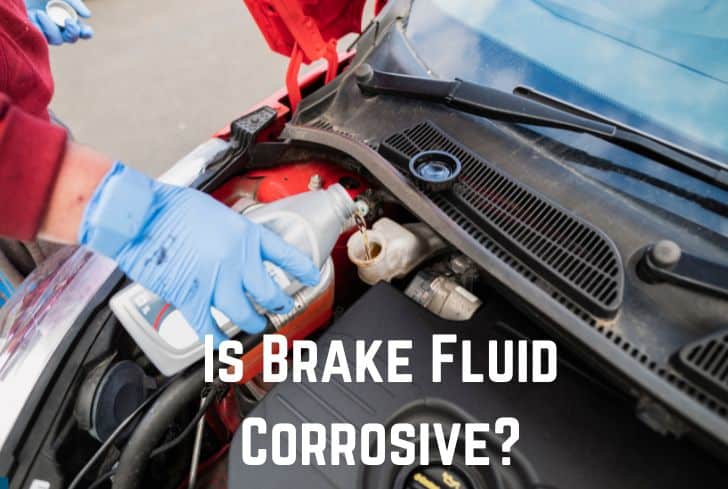
When you have to make car repairs frequently, it will be costly. Taking good care of your vehicle’s parts is one way to keep it from breaking down often. But which parts are most important? Knowing how to maintain the hydraulic system in your car is an excellent place to start. Is brake fluid corrosive? It should be your first question.
The article will provide an answer to that question. We will also address the issue of whether DOT 4 and DOT 5 brake fluids are corrosive. Additionally, you will find out whether brake fluid corrodes metal, rubber, paint, or concrete. Finally, we will let you know whether brake fluid can cause rust.
Read: Does Wood Conduct Electricity?
Is Brake Fluid Corrosive?
Pure brake fluid is corrosive, which is why commercial brake fluids are added corrosion inhibitors. However, the brake fluid lacks enough anticorrosive inhibitors when its additive package is depleted or breaks down. These anti-corrosive inhibitors ensure that none of the hydraulic system’s various parts corrode. Manufacturers add these additive packages to the braking fluid.
Modern brake fluid is affected by additive packages, as opposed to older brake fluid, which was influenced mainly by moisture seeping in. The additive packages in your brake fluid will either reduce or break down as you keep driving your car.
Manufacturers add the following additive package components into the brake fluid:
- Anti-rust additives
- Anti-foaming additives
- Acid-neutralizing or pH balancer additives
- Anti-corrosion inhibitors
- Anti-wear additives
- Viscosity stabilizers
Is Dot 4 Brake Fluid Corrosive?
Yes, Dot 4 brake fluid is corrosive. It is glycol ether-based with the addition of borate esters which improve the wet and dry boiling points of Dot 4. The brake fluid absorbs moisture through the brake hoses. If you don’t change Dot 4 brake fluid regularly with its ability to absorb moisture, it will corrode the wheel and the master cylinder rubber parts.
Dot 4 brake fluid must meet the highlighted criteria for safe use:
- Its anti-corrosion additives must stop the system from corroding or rusting.
- Low compressibility must characterize the brake fluid.
- It must be non-corrosive to all rubber, metals, and composite materials used in the brake system.
- It must possess lubricating characteristics to stop seals and other moving points from wearing out.
- The wet boiling point of the braking fluid must be 311°F, whereas the dry boiling point must be 446°F.
You can measure the moisture content of your brake fluid using a refractometer or a battery-powered tester.
Is Dot 5 Brake Fluid Corrosive?
Dot 5 brake fluid contains silicon which prevents the fluid from being corrosive. It does not absorb moisture, nor does it damage painted surfaces. The brake fluid protects the system from weather elements. Dot 5 is the best option if you want brake fluid that resists rust better. Additionally, it will last longer than the other brake fluids.
Dot 5 brake fluid prevents rust and has a high boiling point of 500oF. However, you should not mix Dot 5 brake fluid with the other brake fluids. In high temperatures, Dot 5’s evaporation rate is substantially more stable.
Note: DOT means Department of Transport. The department sets the safety regulations for the acceptable performance of different brake fluids. The DOT ratings given to the brake fluids are based on the liquid’s dry and wet boiling points.
Is Brake Fluid Corrosive To Metal?
Your brake cylinders would have corroded if brake fluid were metal-corrosive; however, it is not. Brake fluid is hydroscopic, which can easily collect moisture from the air. The Moisture in the brake fluid corrodes the metallic components of the brake system. Brake fluid does not absorb the water, and if it is not changed regularly, it will cause corrode.
Wipe off any brake fluid that accidentally spills onto any of the car’s components. The spilled brake fluid will damage your car’s metallic components when it corrodes due to moisture content.
Is Brake Fluid Corrosive To Rubber?
Brake fluid is unlikely to corrode rubber due to the additive packages. Rubber corrosion is also not a concern if your brake fluid contains polyethylene glycol. The agent guarantees that the brake fluid won’t damage the rubber parts. The rubber that best resists brake fluid is nitrile.
The ideal material for brake system seals is EPDM rubber. Using DOT-approved or pure racing brake fluid with glycol- or silicon-based base, use EPDM rubber.
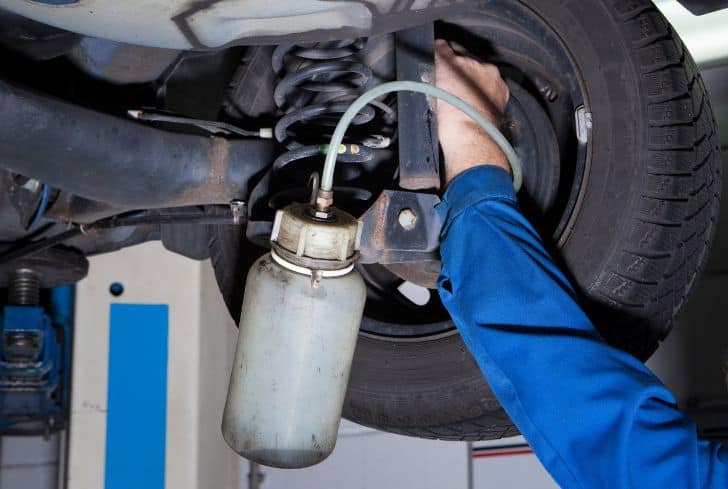
Is Brake Fluid Corrosive To Paint?
Brake fluid is corrosive to paint. Dot 3 brake fluid is the most corrosive fluid to your paint. It is commonly used as its most affordable. But it also contains glycol, which primarily serves as a solvent. The fluid is an amber-colored fluid with a dry boiling point of 401 °F. When degradation occurs, the dry boiling point drops to 284 °F.
Since silicon-based DOT 5 brake fluid is not corrosive, it will not ruin paint if a spill occurs. Brake fluid will chip away at your paint if it spills over non-silicone-based paint. The paint will eventually start to peel off.
Read: Does Rubber Conduct Electricity?
Will Brake Fluid Ruin a Car’s Paint?
The corrosive nature of brake fluid has already been mentioned. The likelihood of brake fluid damaging the paint on your car is, therefore, high. An accidental spill on your vehicle can corrode your paint, and you might have to repaint it. Glycol, one of the chemicals in brake fluid, has a dual-action mechanism that attacks coatings.
Because glycol in brake fluid also serves as a solvent, it will react with the car’s paint. If you don’t wipe it immediately, brake fluid will gradually begin eroding the car’s paint. The fluid contacts, stripes, or vertical marks will be visible on every surface. The paint on the vehicle will be eroded by the brake fluid, revealing the metal underneath.
You can get away with wiping off the brake fluid if your vehicle is brand new, recently waxed, or has high-quality paint. However, you can only stop significant damage if you clean up the spill immediately. Here are some indicators to watch out for to determine how long the paint has been exposed to the spill:
- 5 minutes and less: There is no damage.
- More than 5 marks: Where the spill occurred, you will see dull spots, and the car’s clear coat will no longer be attractive.
- More than 10 minutes: Stains will be visible, and a dull clear coat will be visible.
- More than 30 minutes: You will see the paint damage and the stripes while standing a distance away.
See how quickly brake fluid can damage the paint on your car:
Is Brake Fluid Corrosive To Concrete?
Since brake fluid is non-corrosive, it won’t react in any way with concrete. However, when brake fluid absorbs a specific moisture level, it starts to corrode. Concrete will also corrode when the corrosion inhibitors in brake fluid break down. Concrete that has experienced brake fluid spills must be cleaned immediately.
Rinse the area thoroughly with soap and water. You’ll need to use bleach to get the stain out if the area has been stained. Use a degreaser or a solvent such as a paint thinner or mineral spirit to remove the spilled brake fluid. Brake fluid is a hydrocarbon that will dissolve in most solvents and wash off with water.
You must act quickly to clean up a spill if your concrete contains asphalt. Brake fluid has a different effect on asphalt. Because brake fluid weakens and degrades asphalt, your driveway will suffer significant damage. Asphalt is a by-product of the petroleum refining process, that’s why it reacts negatively with brake fluid.
When the brake fluid is left on asphalt for a while, it causes cracks that eventually evolve into potholes. You should treat the task of removing the brake fluid from your asphalt driveway as urgent, and the following products can help:
- Microbial Asphalt Cleaner
- Coca-cola
- Laundry detergent
- Dish soap
- Baking soda
Avoid using a pressure washer where there is asphalt or concrete for cleaning, though. Try to avoid using solvent-based cleansers or brooms with metal wires. To prevent further damage, you should also avoid using spot cleaners and any cleaner that contains turpentine.
Read: Does Snow Absorb Sound?
Does Brake Fluid Cause Rust?
No, brake fluid does not cause rust. In reality, brake fluid helps to prevent rusting to some extent. Some anti-corrosive additive compounds are present in the fluid. The brake fluid won’t stop rusting if these anti-corrosive chemicals degrade or become less effective. Rust will block tiny openings in the brake hardware.
But remember that brake fluid is hydroscopic and will eventually become moisture-prone. If you don’t change your brake fluid frequently, it will likely collect a significant amount of water. The brake system components will rust due to the collected water’s reaction.
The vehicle’s brakes will eventually fail if rust is not removed. It’s time to change if you notice rust or sediment in your brake fluid. You can use a brake refractometer to evaluate the moisture in your brake fluid.
Conclusion
Your car’s system relies on the brake fluid. But it’s important to know if it corrodes metal, rubber, paint, and concrete. You don’t have to be concerned about moisture content causing rust on your vehicle’s metallic components as long as you regularly change your brake fluid.

